A look at whether Norway—and the other Nordic countries—is as happy as regular surveys claim it to be, from an Australian researcher who worked in Oslo for three years.
For progressives around the world, it has become almost a pastime to romanticise the quasi-socialist Scandinavian countries.
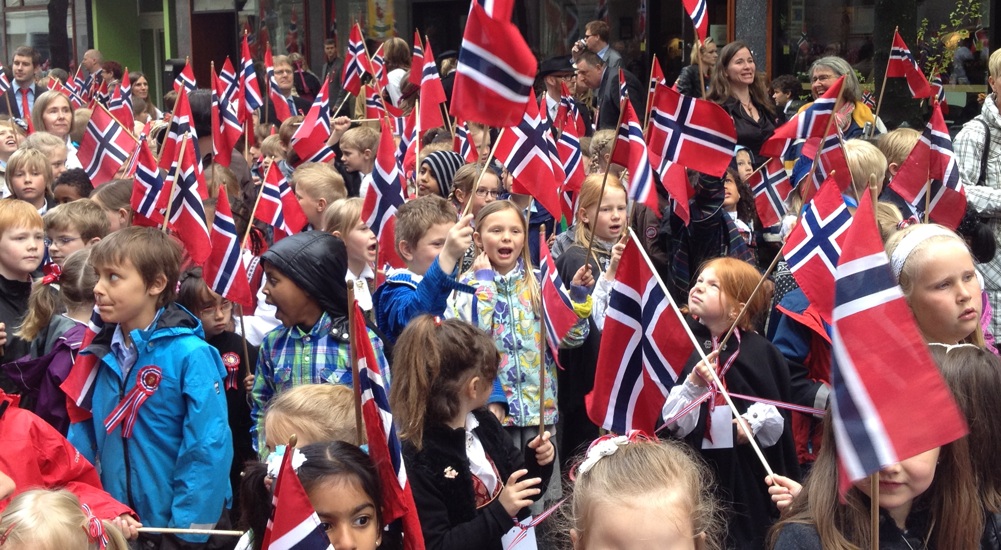
This article was originally published at The Conversation by Nathan John Albury, research fellow at the University of Oslo. It is republished here under a Creative Commons license.
Nations such as Norway, Finland and Sweden are – to many – not only examples of wealth and well-being but also bastions of social progress and tolerance.
Norway, in particular, consistently leads the world in quality of life and happiness, and the country is responding compassionately to the Syrian refugee crisis, unlike its many critics in Europe. But is life in Norway really so great? I’m not so sure.
As an Australian who worked in Oslo for three years, I found that while freedom, tolerance and happiness are indeed important values there, you can expect to enjoy them only if you’re Norwegian.
You’re welcome?
After the the 2011 mass shooting by Anders Breivik, which he carried out in the name of rejecting a “Muslim colonisation” of Europe, Norway emerged determined to defy xenophobia.
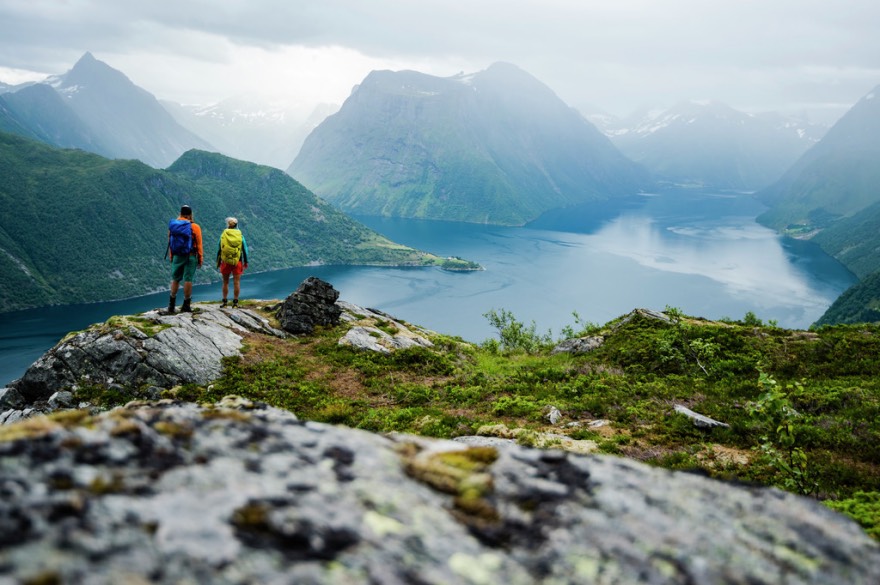
In 2015, during the height of the European refugee crisis, the country, which has a population of 5.2 million, considered some 31,000 asylum cases, a national record.
And in contrast to most European countries, Norway extends full social support and protections to all asylees while they await a ruling.
Still, Norway’s far-right Progress Party – to which Breivik belonged in his youth and which holds 29 seats in parliament – has fought to roll back migration and benefits.
Former Integration Minister Sylvi Listhaug pursued aggressive restrictions on immigration, particularly for Muslims.
As a result, the country deported a record number of migrants in 2016, including minors between the ages of 16 and 18, as per new restrictions.
A history of exclusion
This fear-mongering taps into a dark strain of Norwegian history. As recently as 1977, the Norwegian government forcibly sterilised members of its Romani minority population.
Such policies also echo Norway’s treatment of its indigenous population, which I have been studying. Indeed, it seems forgotten in post-colonial societies that Norwegian history is blighted with atrocities against the native Sámi people.
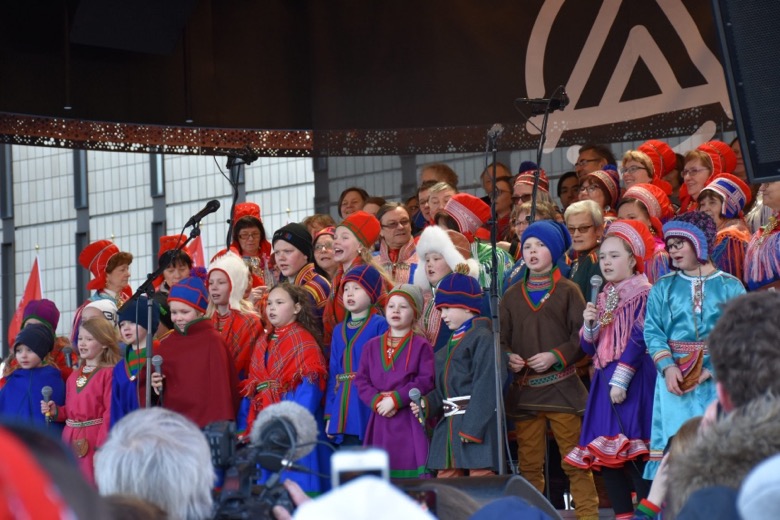
Until the second half of the 20th century, the Norwegian government forcibly seized Sámi lands in middle and northern Norway and sought to eradicate Sámi culture.
A policy of Norweginisation, known as fornorsking, meant that Sámi children were sent to Norwegian boarding schools, where they were beaten for speaking their native language.
The Sámi were also denied the right to purchase property if they could not speak Norwegian. Today, Sámi people are still suppressed by Norwegian policy and experience ten times more discrimination than ethnic Norwegians.
Many Sámi live throughout the country, and though their right to an education in Sámi and to the use of their language for public purposes has now been recognised, these rights are enjoyed only in small municipalities in the rural north that have been designated as Sámi territories.
Generally speaking, to participate in Norway’s society and economy, you must forgo being and speaking Sámi.
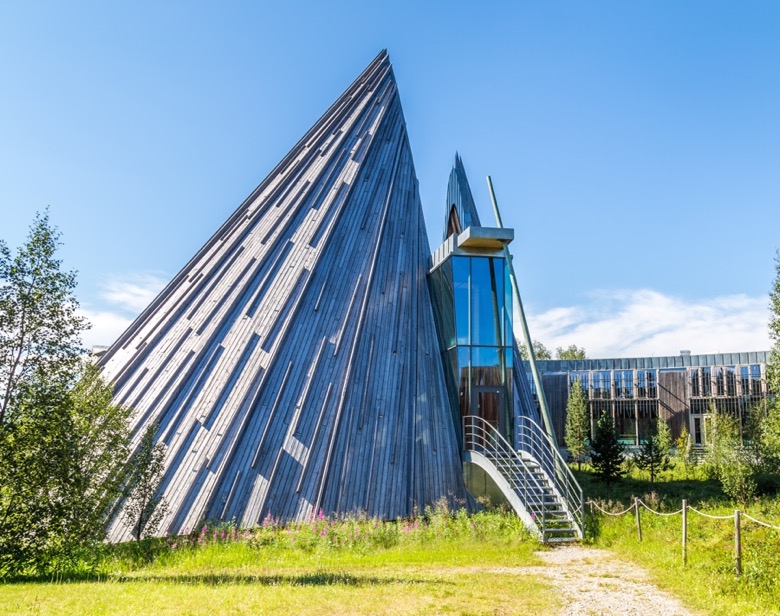
While popular and even academic writing in Norway describes immigrants from the Middle East as speaking “kebab Norwegian”, my 2016 analysis of online comments to Sámi-themed news found a similarly pervasive prejudice.
The analysis shows that Norwegians argue that the Sámi threaten the purity of Norwegian ethnicity and way of life. Some say Sámi cannot be seen as Norwegian citizens, do not deserve indigenous status and have invented their historic oppression.
In another display of discrimination, when Tromsø, the major town of the far north, considered designating itself a Sámi zone, opposing voices were filled with hate.
Opponents even fired bullets at bilingual signs to express displeasure.
Assimilation nation
This racist undercurrent in Norway may derive from an American-style exceptionalism in Norway, whereby Norwegians are told and truly believe that they are world leaders in social policy.
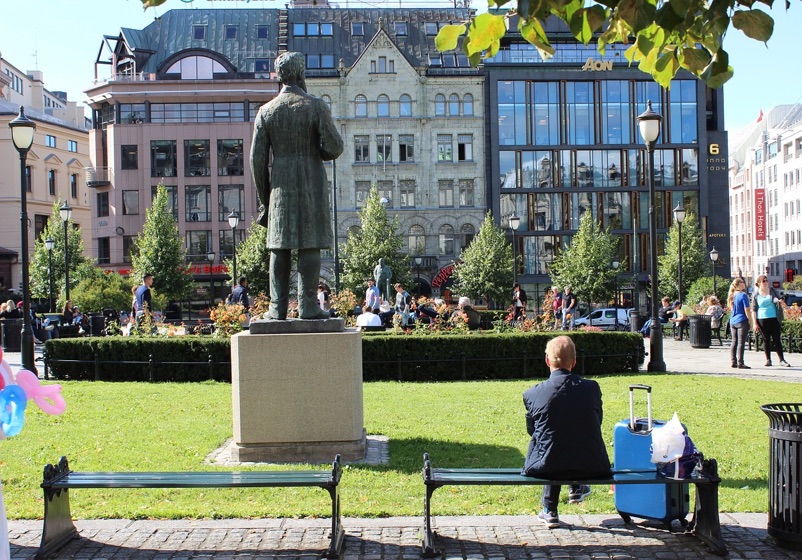
But to survive in Norway, those of a non-Norwegian culture are expected to adopt a Norwegian world view. The compulsory language courses given to migrants really brings that message home.
Its curriculum celebrates Norway but presents almost hegemonic views on nearly everything else, from alcohol consumption to social values and Norwegian history.
The Sámi and Romani are almost entirely absent from the language-course curriculum.
To suggest that all is bad in Norway would be false. I, too, have been thankful for Norway’s affordable health care and generous leave entitlements.
And the upcoming parliamentary election, to be held in September 2017, presents an opportunity for a broader change, including on immigration. But not all is rosy in the Norwegian utopia.
Next time someone extols the virtues of this “perfect” Scandinavian society, remind them that the Norwegian dream is not available to all.
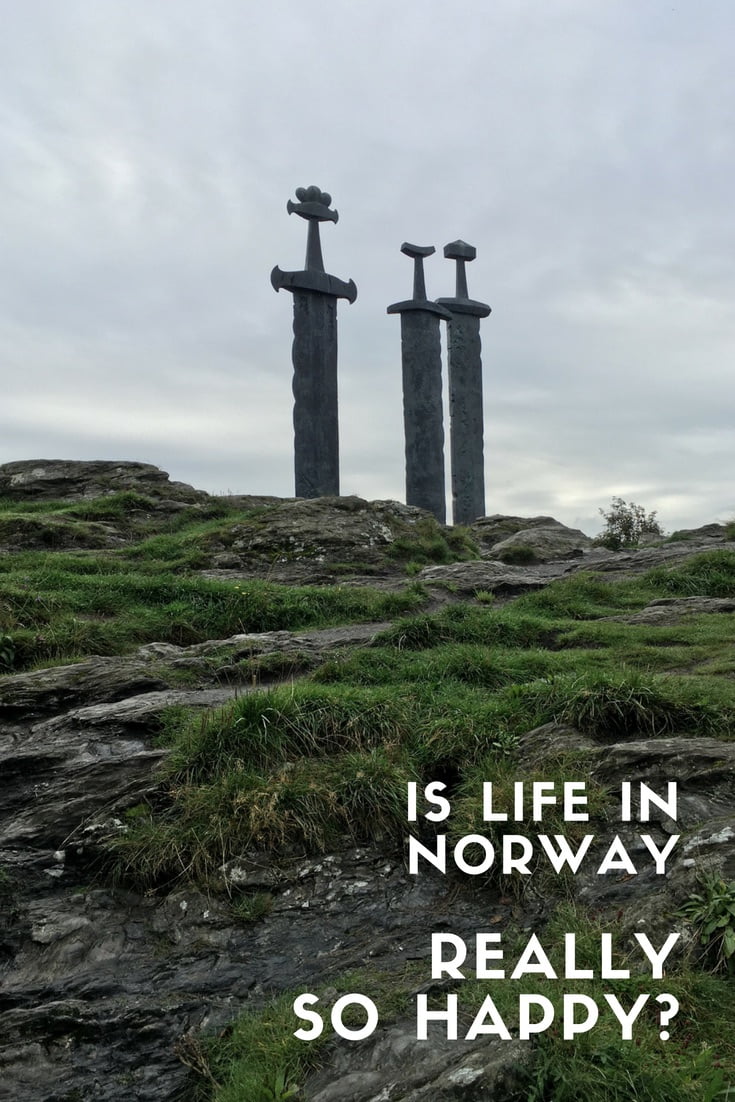
This article was originally published at The Conversation by Nathan John Albury, research fellow at the University of Oslo. It is republished here under a Creative Commons license.





I think it’s a bit rich an Australian giving the Norwegians a hard time for their immigration policy when you look at Australia’s record in recent years. Surely the Norwegian (and British) policy of pumping money into refugee camps close to the actual site of the Syrian conflict helps many more people than admitting a few desperate migrants into Europe to add to the unemployment lines.
I dont think that his criticism of norwegian immigration policy means Australia is perfect . It’s just that Norway is always promoted as the prefect place and this is true in many ways but there are still issues in Norway also. He is measuring the reality in Norway against the common petrception of Norway, rather than against other countries.
… not to mention an Australian tut-tutting Norway for its treatment of its indigenous population.
I do not believe this is a comparison between Norway and Australia, but rather an objective attempt to describe the reality in Norway. In my experience, it is not uncommon to feel excluded in Norway, if you are not what is now being called “Ethnic Norwegian”. “Perfect” and the idea of perfectionism is an illusion. Norway has its challenges just like anywhere else. It is, nevertheless, a very good place to live in.
deceiving title for this article …..this is about immigrants and their experience — citizens saying yes it is terrific to live here
The Sami /are/ citizens of Norway… just like the Native Americans in the USA, and the Aboriginal tribes in Australia…. All true natives of their country. and all excluded from many of the benefits of its European citizens.
There’s one thing I as a skilled worker who wants to permanently stay in Norway wholeheartwdly disagree: I would WANT to have compulsory classes for learning Norwegian. Instead, refugees are getting free classes while I have to pay for them. The profit Norway would get from skilled workers who want to stay and get well integrated would be far bigger benefit for everyone in the system, including refugees in the end. Also “Forcibly” in case of refugees doesn’t guarantee at all learning it, many of them have very poor education and have a hard time making progress. There’s refugees/minorities who stay in Norway for years and don’t learn it.
In other words: educated people of ANY culture have far bigger chance of success than uneducated.